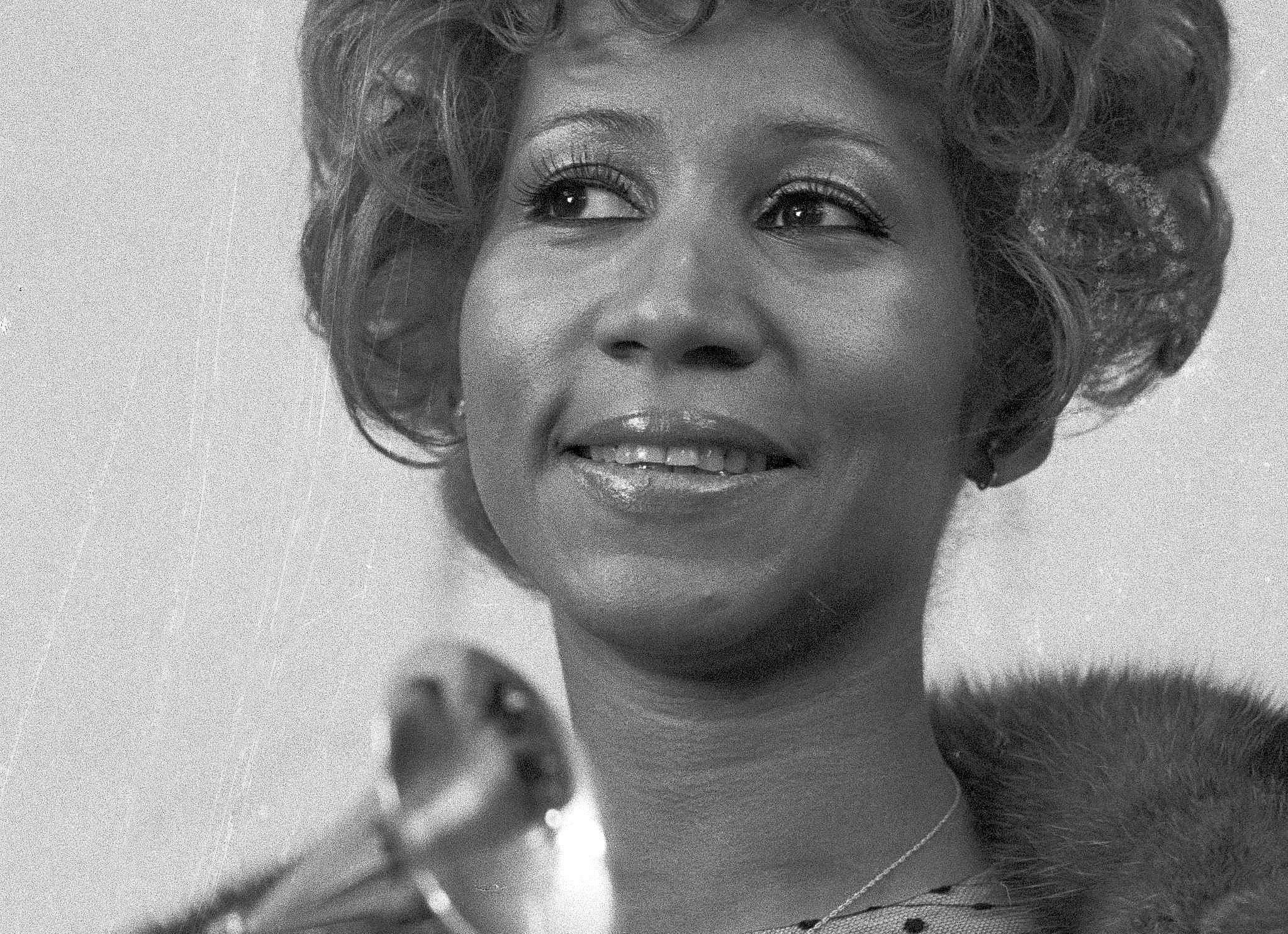
ARETHA Franklin has passed away aged 76 at her home in Detroit, USA after battling pancreatic cancer, her publicist has said.
Known as the ‘Queen of Soul,’ she was also revered as one of the most inspirational vocalists of all time, selling more than 75 million records worldwide with 10 top ten hits in a roughly 18-month stretch beginning in early 1967. She was also the first woman to be enshrined in the Rock and Roll Hall of Fame.
Her legacy is not just as a singer and musician however, she was a cultural icon, speaking as a voice of the civil rights movement and a symbol of black equality, supporting activists like the Black Panthers. As a woman too, much of her music came to become feminist anthems.
After being asked to sing at his inauguration, she famously moved Barack Obama to tears. Speaking at the time about her talent he said: “American history wells up when Aretha sings.
“Nobody embodies more fully the connection between the African-American spiritual, the blues, R&B, rock and roll – the way that hardship and sorrow were transformed into something full of beauty and vitality and hope.”
Here, we celebrate Franklin’s music and the voice that embodied the spirit of a people, as we look back on some of her most powerful and iconic songs:
R-E-S-P-E-C-T
Best Lyric: “Ooo, your kisses/ Sweeter than honey/ And guess what?/ So is my money”
Written by Otis Redding, the lyrics were changed for Franklin’s much more famous version of the song. It’s not just what the song is telling the listener to do with its obvious lyrics, it’s the way Franklin sang it with her defiant and punchy style that makes the song so iconic, later becoming an anthem of the civil rights and feminist movements.
Natural Woman
Best Lyric: “Before the day I met you, life was so unkind/ But you’re the key to my peace of mind”
Her vocal lament tells the passionate story of life before and after finding love, and yet again it is the expression and emotion behind Franklin’s voice that makes this song what it is.
Sisters are Doing it for Themselves
Best Lyric: “Now this is a song to celebrate/ The conscious liberation of the female state!”
This song is renowned as a feminist anthem, ringing out to all women to claim their own selfhood and power – not only that, it’s funky as hell.
A Change is Gonna Come
Best Lyric: “There’ve been times that I thought/ I thought that I wouldn’t last for long/ But somehow right now I believe/ That I’m able, I’m able to carry on”
During his many long tours across America, Sam Cooke wrote the song that would be referenced, decades later, in the 2008 “Yes we can” speech made by the first black president-elect of the USA: “It’s been a long time coming,” Barack Obama told Chicago. “Change has come to America.” Franklin’s cover of the song is both a hauntingly beautiful tribute to Cooke, who was shot dead, and a beacon of hope for civil rights.
Think
Best Lyric: “People walking around everyday/ Playing games, taking score/ Trying to make other people lose their minds/ Ah, be careful you don’t lose yours”
Think helped Franklin become an icon for feminism and the civil rights movement. While she covered many other compositions and re-authored songs with her own stamp, Think was written as an original song by Franklin.
Her unswaying demands for respect and understanding mirrored the culture of the era for equality in both Think and indeed most of her songs, setting her to become the most charted female in history and one of the most respected female singers and cultural icons of all time.

Enjoy the convenience of having The Sunday Post delivered as a digital ePaper straight to your smartphone, tablet or computer.
Subscribe for only £5.49 a month and enjoy all the benefits of the printed paper as a digital replica.
Subscribe